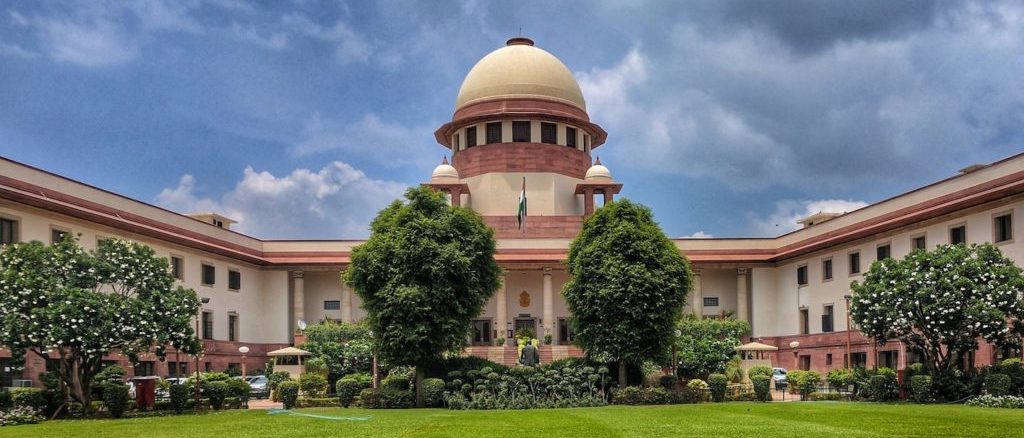New Delhi: The Supreme Court in the case Yogesh Jain vs Sumesh Chadha observed and stated that the question of whether the cheque in question had been issued for a time barred debt or not cannot be decided in a plea filled under Section 482 Code of Criminal Procedure, 1973.
The bench comprising of Justice S. Abdul Nazeer and Justice J B Pardiwala observed that this question being a matter of evidence.
In the present case, the Punjab and Haryana High Court quashed a complaint under Section 138 of Negotiable Instrument Act, 1881 on the ground that on the date of summoning the accused the legally enforceable debt was time barred and the High Court observed that in the entire complaint there is no averment as regards of any kind of acknowledgment of the said debt by the accused within that of the period of three years i.e. within the period of limitation of recovering the debt.
In an appeal, it had been noted by the Apex Court bench that sometime in the year 2011, the loan was advanced and the cheque in question issued for the discharge of the debt by the accused is dated November 1, 2018 and on January 14, 2019, the complainant for the offence under Section 138 of the N.I. Act was lodged
It was appeared that the High Court has gone through by the date of the loan transaction which is to be precise the year of the loan transaction.
Thus, if a cheque for the discharge of the debt incurred in the year 2011 is being issued on 01.11.2018 then prima facie it could be said to be an acknowledgement of the debt.
This aspect is required to be re-considered by the High Court in its true perspective.
It has also been disagreed by the court with the view that the acknowledgement of the debt at the instance of the accused should have been within the period of three years from the date of transaction and in this regard, there is no averment in the complaint.
The bench stated that such a line of reasoning by the High Court is not understandable by this court, the court say so because the loan which was advanced by the complainant of Rs. Five Lakh to the accused which was for a period of seven years.
Further, it appears that the liability towards repayment of the loan was to be discharged within a period of seven years, if this is the thing, then on what basis the initial first three years have to be taken into consideration by the High Court for the purpose of counting the limitation.
What being in the mind of the High Court is that by the time, the cheque in question was issued the debt had become barred by limitation because no acknowledgement was obtained before the expiry of a period of three years from the date of loan.
It has been noted that the understanding was to discharge the liability within a period of seven years.
The court is of the view that the period of limitation would start reckoning from the expiry of the period of seven years.
It has also been noted by the court that while disposing of the Section 482 CrPC petition by the High Court the complainant was not being heard.
The court allowed the appeal by remitting the matter to High Court for fresh consideration.
Further, the court observed that once a cheque is being issued and upon getting dishonoured a statutory notice is being issued and it is for the accused to dislodge the legal presumption available under Section 118 and Section 139 of the Negotiable Instrument Act, 1881. Thus, Whether the cheque in question had been issued for a time barred debt or not, itself prima facie, is a matter of evidence and could not have been adjudicated in an application under Section 482 of the CrPC, which is filed by the accused.
whether cheque was issued for a time barred debt or not cannot be decided in a plea filed under Section 482 CrPC, observes Supreme Court
- Advertisement -

